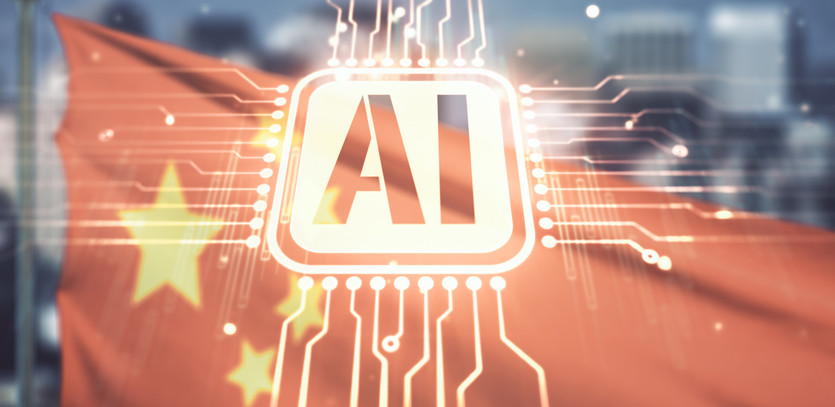China's Plan for Export Controls on Semiconductors' Raw Materials
The Government of China has declared its intent to oversee through stringent regulations the export of gallium and germanium materials which are crucial in the manufacture of semiconductors. These metals are predominantly utilized in the creation of semiconductors which underpin the evolution of artificial intelligence (AI) mechanisms.
An allied declaration was given by the Ministry of Commerce of China and the General Administration of Customs on the 3rd of July. According to them, these controls are intended to safeguard the nations' security interests. From August 1, the export of specific gallium and germanium materials will require an official government-issued permit.
Details of The New Export Controls
Eight gallium products: gallium nitride, gallium antimonide, gallium arsenide, gallium phosphide, gallium metal, gallium selenide, gallium oxide, and indium gallium arsenide will come under these export control regulations as of August 1.
The regulations will also apply to a range of germanium products: germanium ingot, germanium epitaxial growth substrate, germanium dioxide, germanium tetrachloride, germanium metal, and zinc germanium phosphide.
The principal application of gallium is in the production of semiconductors and is a common component of electronics - specifically transistors and lasers. It is also utilized in the production of LEDs. On the other hand, germanium is employed in the fabrication of solid-state electronics, semiconductors, and fiber optic systems.
Major Supplier of Semiconductors' Raw Materials
According to a report in 2023 by CRMA and the European Commission, China possesses the majority share of the world's germanium supply. The CRM Alliance also disclosed that China accounts for more than 80% of the global gallium supply.
In October 2022, the US enforced sanctions that restricted Chinese developers from accessing top-tier semiconductors in the market. This included chips like Nvidia's A100 and its latest iteration, the H100. Consequently, Chinese establishments are reportedly seeking alternate strategies to circumvent the limited accessibility to high-performance chips.
The Future of AI Technology and Semiconductor Market
At present, the US is contemplating the imposition of additional limitations on the export of avant-garde AI chips vital for creating robust systems. Ever since the surge in AI technology, Nvidia, a prominent semiconductor developer, has witnessed its chip values soaring dramatically.
Upon making contact with Nvidia to garner their opinion on the recent events in China, the chipmaker chose not to comment.




